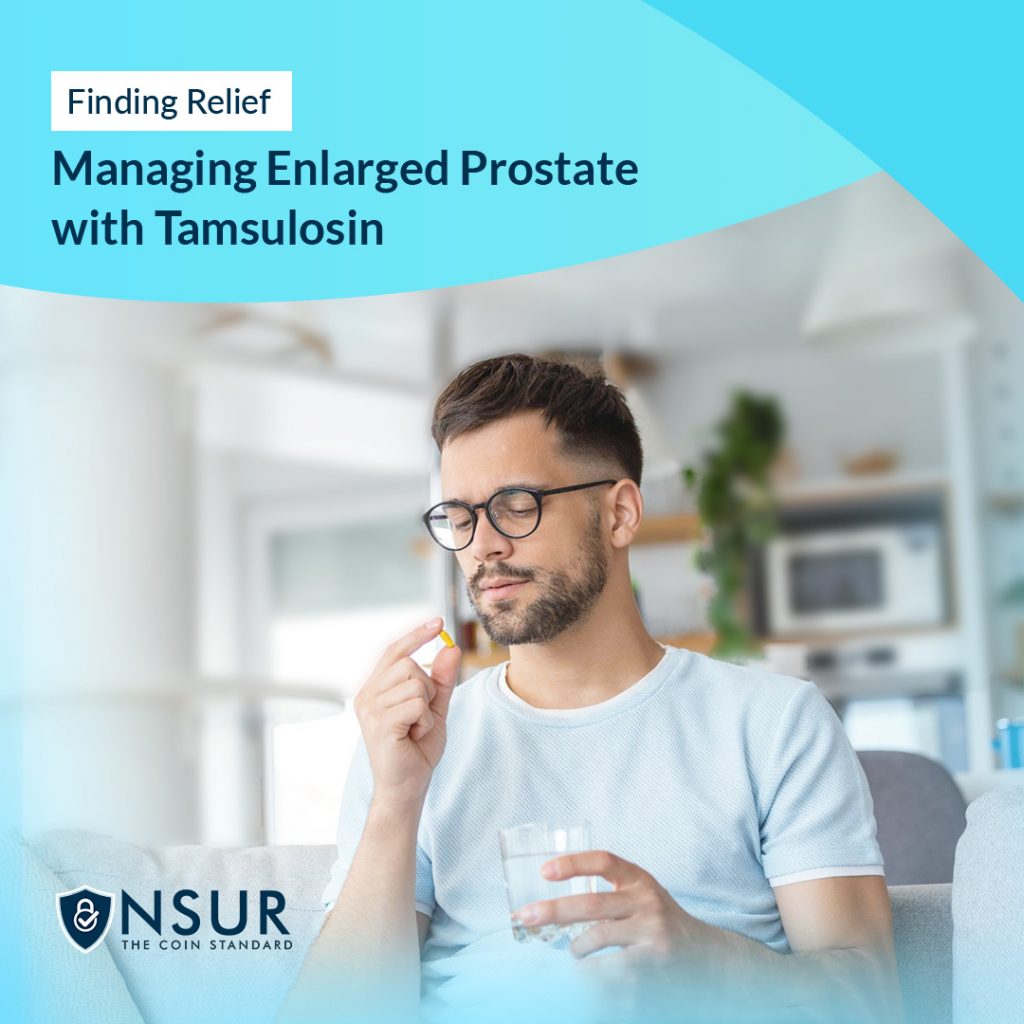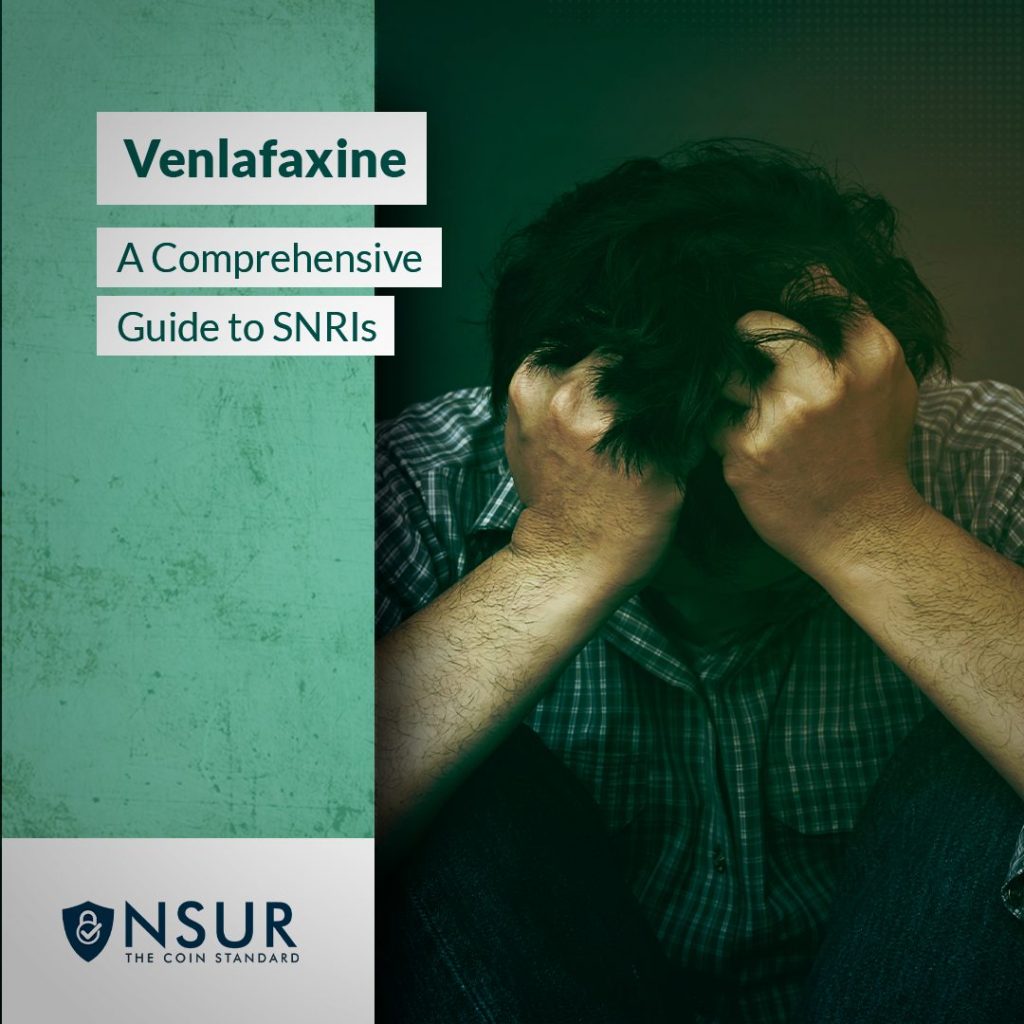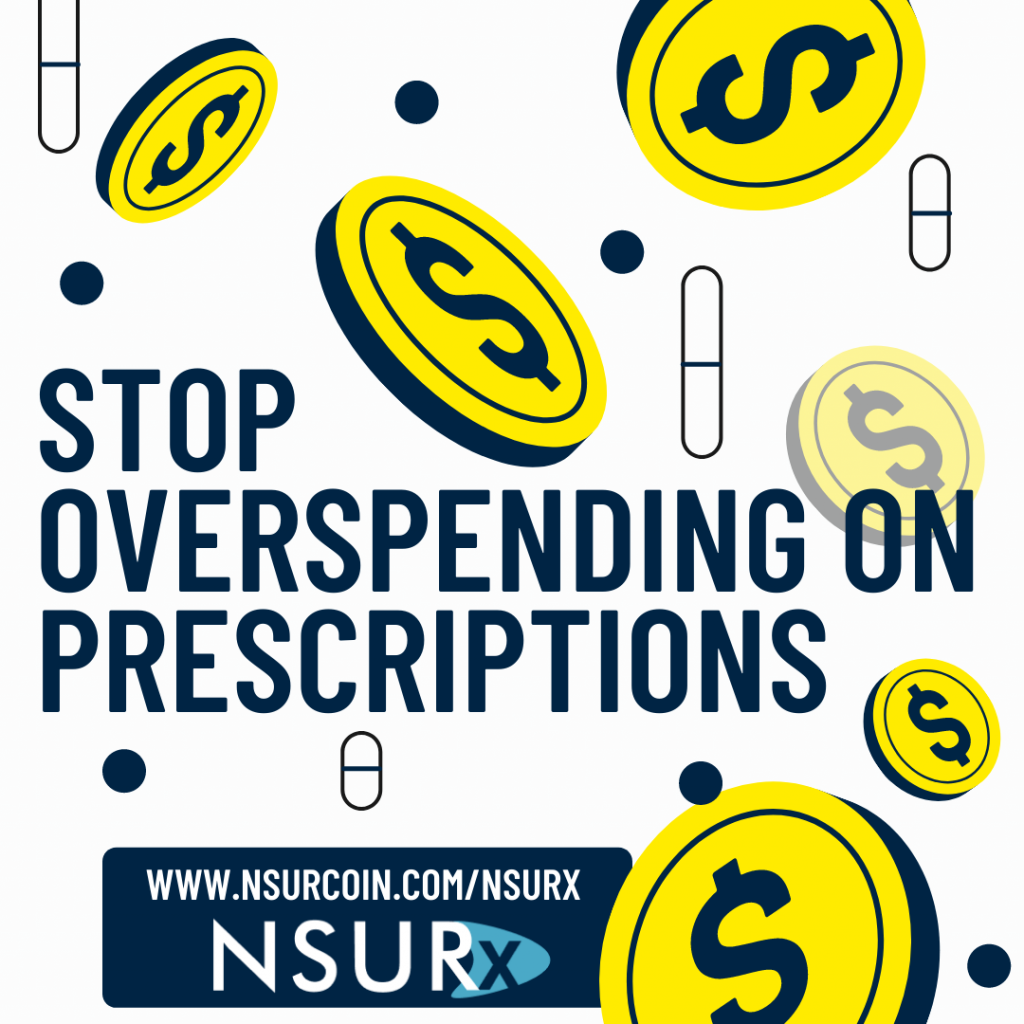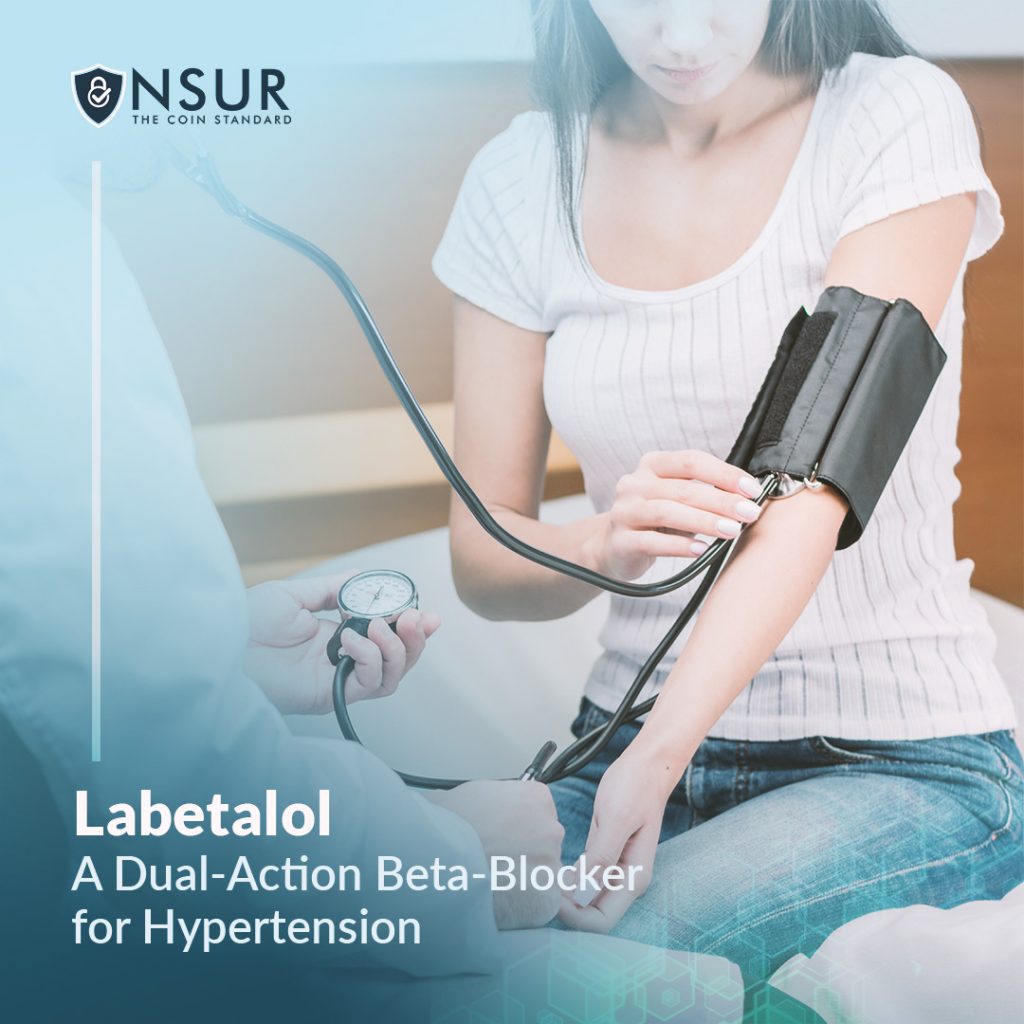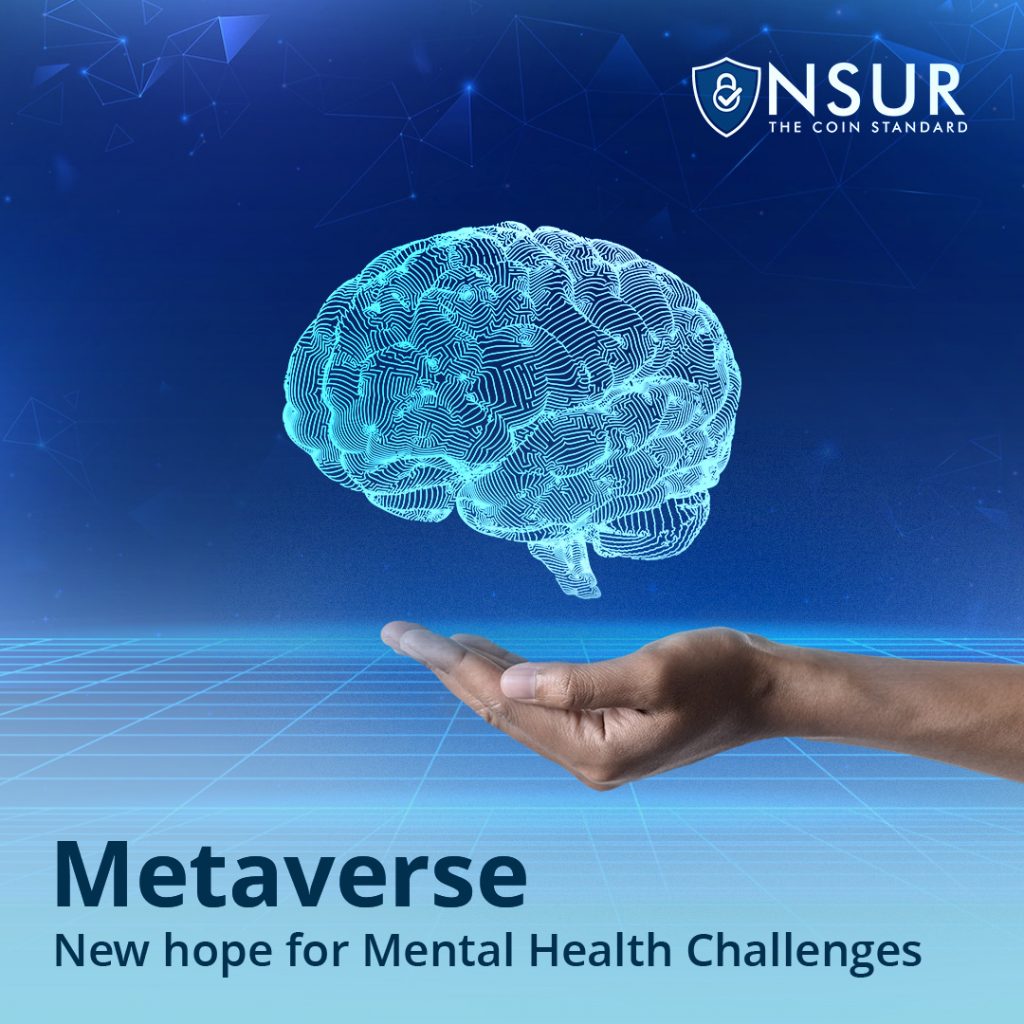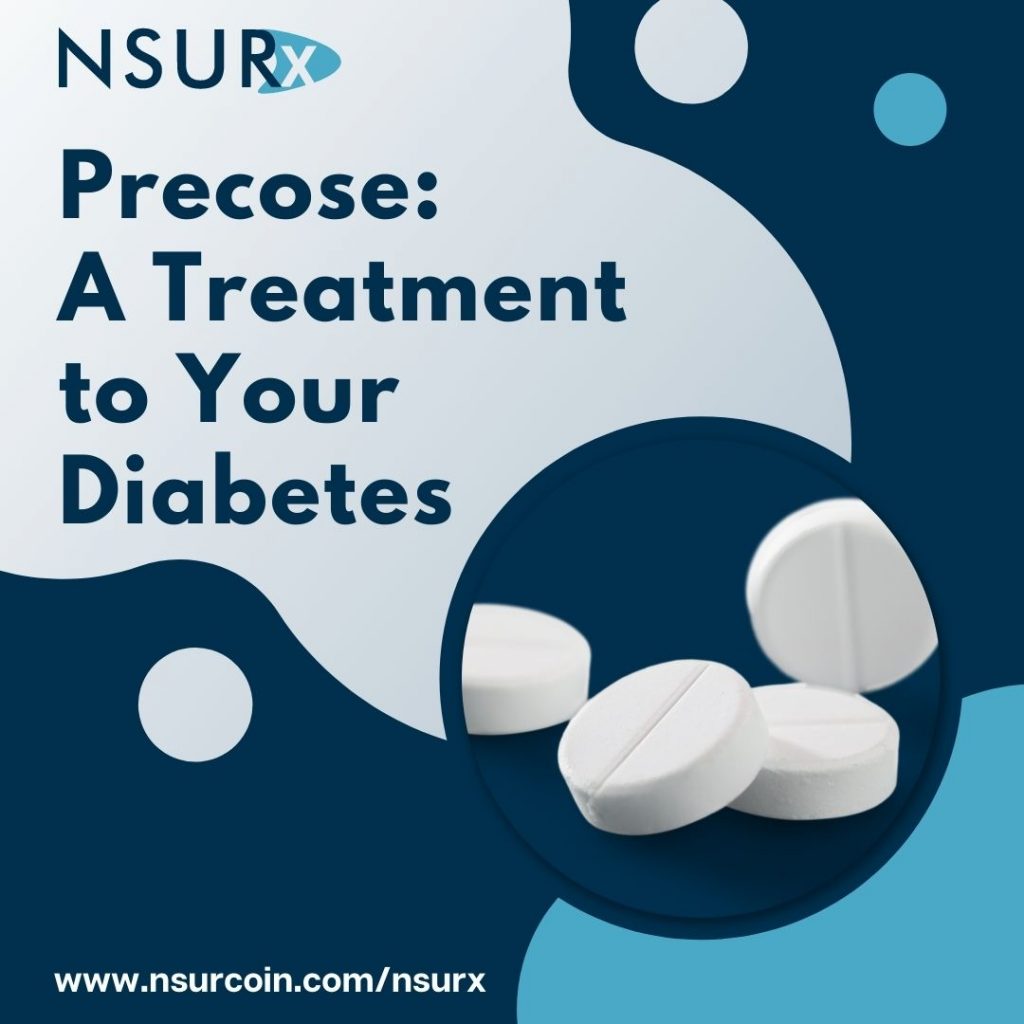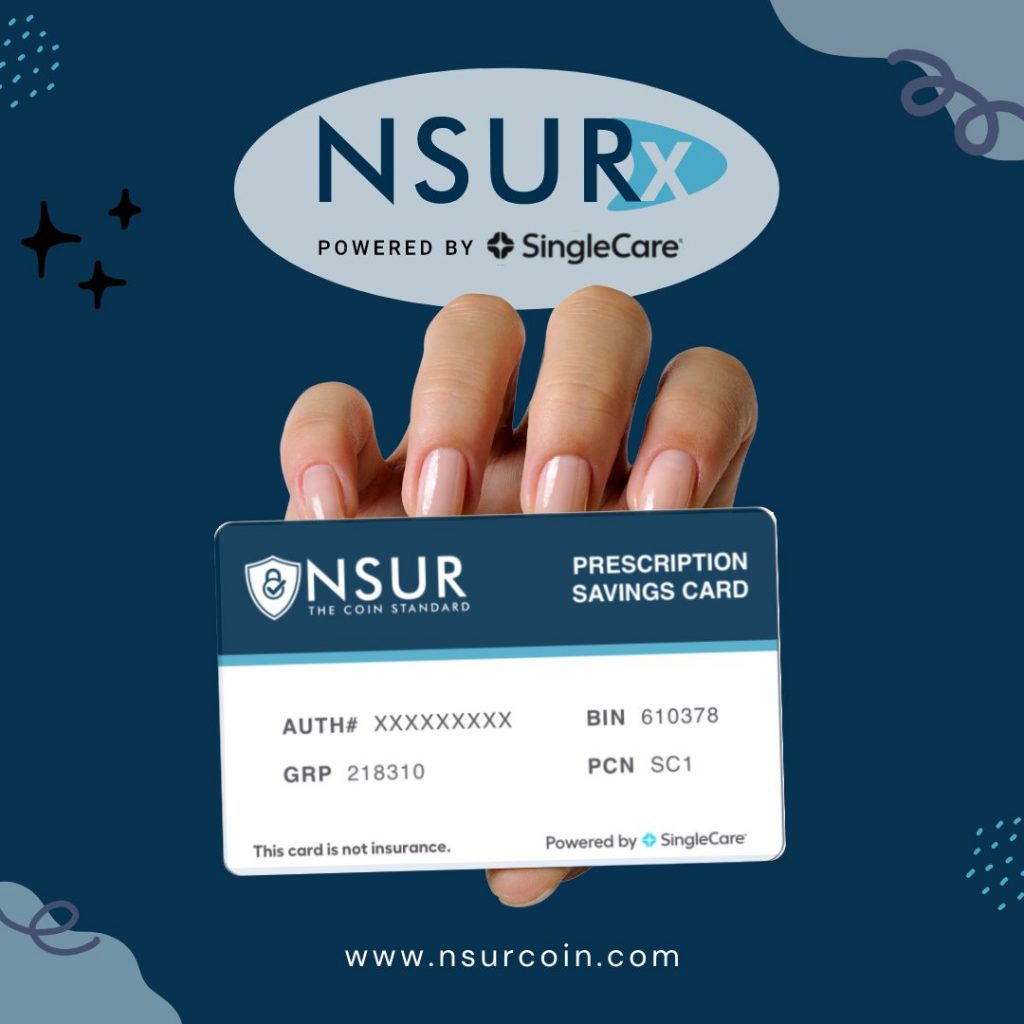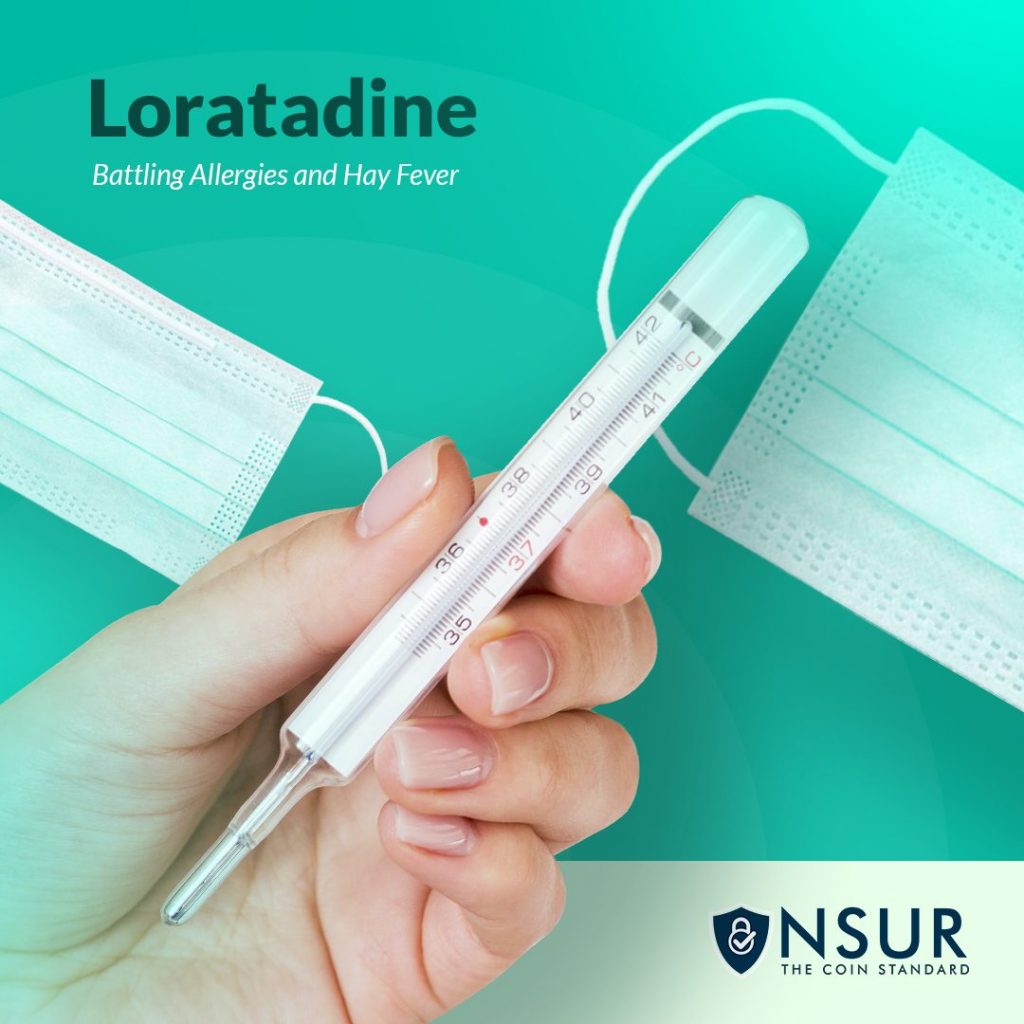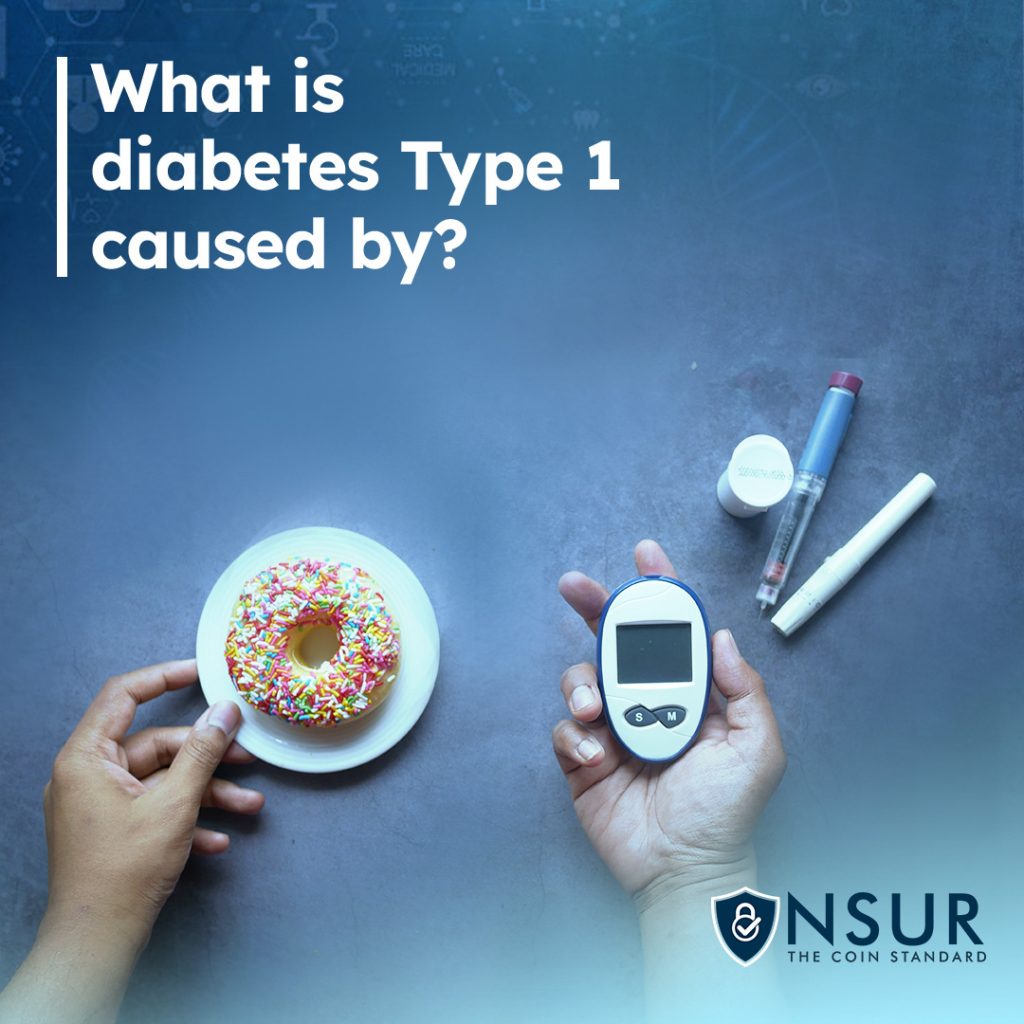
Type 1 diabetes, often known as juvenile diabetes or insulin-dependent diabetes, is a chronic illness. In this disease, the pancreas produces little or no insulin. Insulin is a hormone that the body produces to allow sugar (glucose) into cells to make energy.
An immunological response is considered to be the cause of type 1 diabetes (the body attacks itself by mistake). The risk factors for type 1 diabetes are not as apparent as they are for type 2 diabetes and prediabetes.
Type 1 diabetes often exhibits itself during childhood or adolescence, however it can develop in adulthood. Despite much study, there is no treatment for type 1 diabetes. To avoid complications, treatment focuses on controlling blood sugar levels through insulin, food, and lifestyle changes.
Symptoms:
- Feeling thirsty all the time
- Frequent urination
- In case of children, one of the signs can be sudden bed wetting
- Feeling hungry all the time
- Unusual weight-loss
- Mood swings
- Feeling annoyed
- Fatigue
- Blurry vision
Symptoms might occur suddenly, over a few weeks or months. These symptoms might appear when you are young, as a child, a teen, or a young adult. Additional symptoms may include nausea, vomiting, or stomach aches, as well as yeast infections or urinary tract infections.
Risk Factors
- Having a parent or sibling with Type 1 diabetes.
- Pancreas damage (such as by infection, tumor, surgery or accident).
- Autoantibodies (antibodies that erroneously target your own tissues or organs) are present.
- Physical strain (such as surgery or illness).
- Virus-related disease exposure.
Causes
Type 1 diabetes has an unknown origin. The insulin-producing (islet) cells in the pancreas are usually destroyed by the body’s own immune system, which normally eliminates dangerous germs and viruses. Other plausible explanations include:
- Exposure to viruses and other environmental variables
- Genetics
Diagnoses
If your doctor suspects you have Type 1 diabetes, blood and urine samples will be collected and examined. Doctors look out for autoantibodies present in the blood (an autoimmune sign that your body is attacking itself) and the presence of ketones in the urine. Presence of these particular signs in your report point to Type 1 diabetes.
Role of Insulin
The body will generate little or no insulin once a high number of islet cells are damaged. Insulin is a hormone produced by a gland located behind and beneath the stomach (pancreas).
There is no insulin to let glucose into the cells in type 1 diabetes. As a result, sugar accumulates in blood circulation. This can result in potentially catastrophic results.
Take advantage of NSURx when making healthy lifestyle changes!
With the NSURx Prescription Benefit Card, you can save money on your medications at more than 35,000 pharmacies across the United States.
You can save up to 80% on your medication by using an NSURx card. Hundreds of dollars in savings could be yours every time you fill out your prescription.
The more you use NSURx, the more NSUR Coins you will receive as a reward.
Reference:
- https://my.clevelandclinic.org/health/diseases/7104-diabetes-mellitus-an-overview
- https://www.mayoclinic.org/diseases-conditions/type-1-diabetes/symptoms-causes/syc-20353011
- https://www.cdc.gov/diabetes/basics/risk-factors
